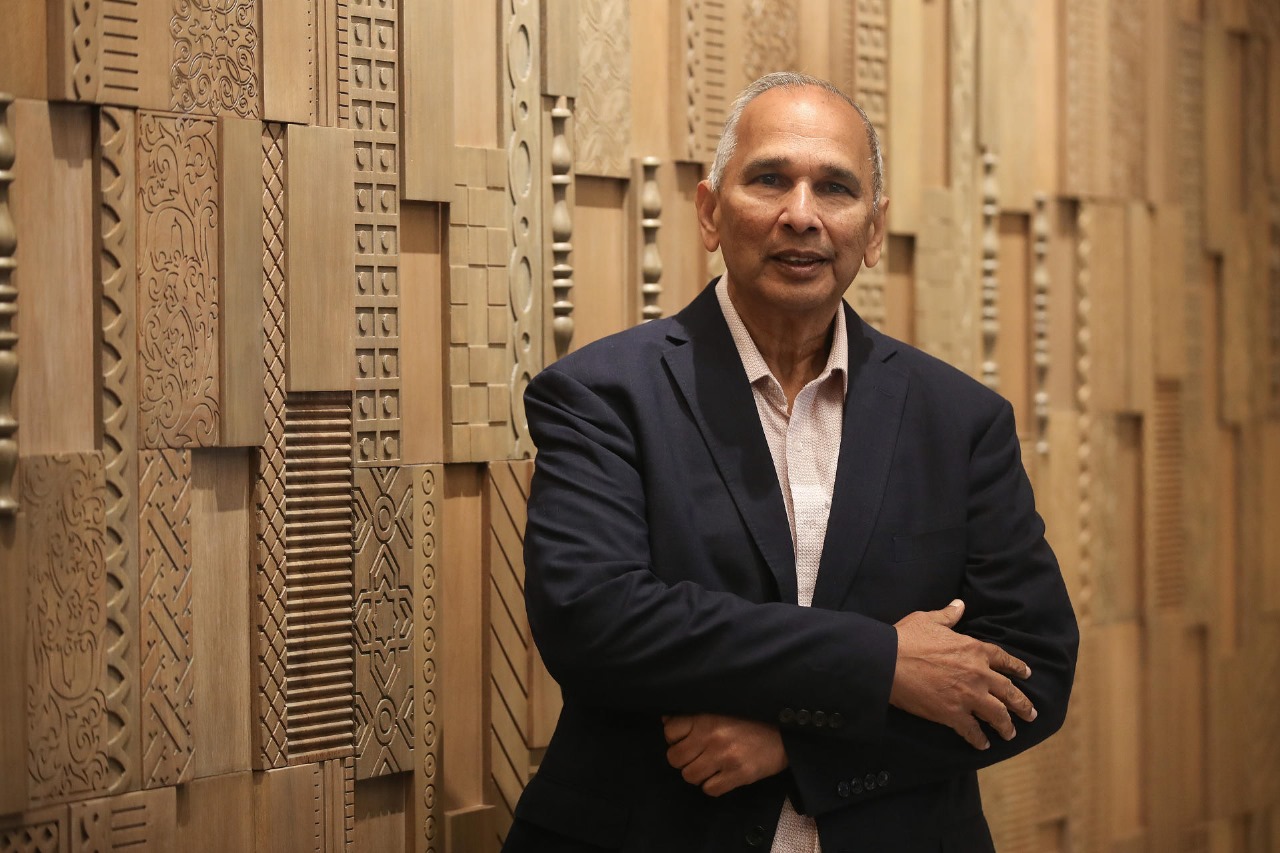Latin America and the Caribbean must rethink the future of agriculture to achieve a more sustainable and productive sector, says Guyana’s candidate to head IICA
Latin America and the Caribbean must rethink the future of agriculture to achieve a more sustainable and greener sector that is also more productive, said agricultural engineer Muhammad Ibrahim, Guyana’s candidate to head the Inter-American Institute for Cooperation on Agriculture (IICA).
The expert, who has also served as director general of the Tropical Agricultural Research and Higher Education Center (CATIE), explained that the region must find “a new narrative for agriculture” that explores a sector more focused on people’s health and nutrition, while also oriented toward renewable energy, reported the EFE news agency.
Ibrahim is running for the position of director of IICA, an institution whose mission is to promote public policies for sustainable agriculture and ensure nutritional and food security on the continent through knowledge management.
In this context, the expert pointed out that the Institute plays “an important role” in working together with governments to shape a new generation of agricultural policies that take into account the challenges facing the agricultural sector today.
This is especially true in a context of environmental challenges, with serious impacts from droughts and floods, and economic challenges, such as rising production costs in supply chains.
After meeting with Peru’s Minister of Agricultural Development and Irrigation, Ángel Manero, the expert said that, if chosen as director of IICA in November, he will focus on promoting public policies that encourage good agricultural practices and improve production, while at the same time having the least possible impact on the environment and protecting natural resources.
Ibrahim also highlighted his extensive experience in developing technical cooperation programs in different areas of the sector, always focused on the threats of climate variability to agriculture.
In addition to the technical area, he also opts to include agricultural inclusion and family farming projects.
“We know that producers are aging, and therefore we must seek a succession plan for who will be the next people to lead agricultural production,” he added.
Another point that the expert highlights in his candidacy is the paradigm shift towards regenerative agriculture, as well as transforming food systems to respond to consumer demands.
“We emphasize circular agriculture and economy, where reuse exists, promoting more segments and production chains,” he said.
An example of a circular economy is that of corn producers, who after harvesting can use the leftovers to produce biofertilizers or biofuels such as ethanol. This allows them to diversify their income.
In this way, IICA helps member countries promote policies with these objectives, including incentives for farmers and producers.
In the case of the latter, support is provided to enable them to implement practices that improve their productivity while caring for the environment.
It also encourages them to strengthen their technical capacities and empowers them to gain access to credit and commercial expansion.
“IICA is helping countries to promote evidence and scientific bases for decision-making and offering them reasons to promote sustainable practices,” concluded Ibrahim.




